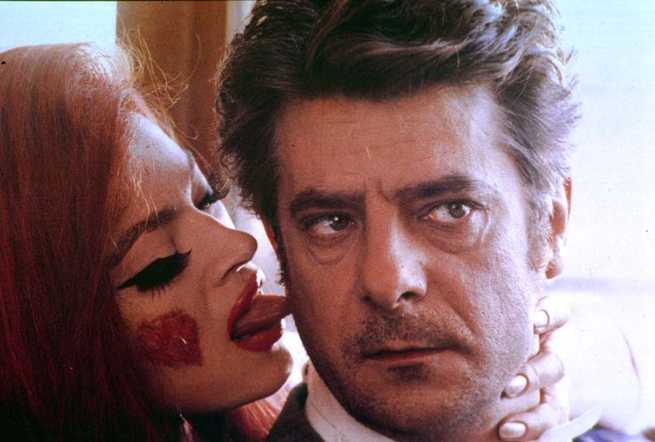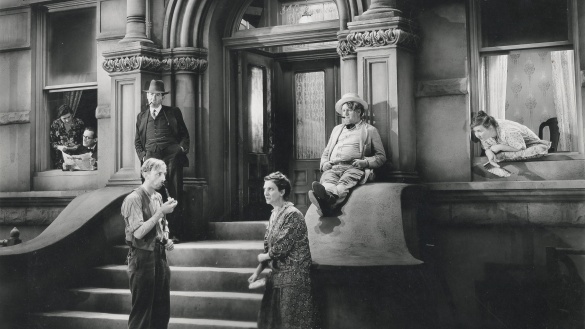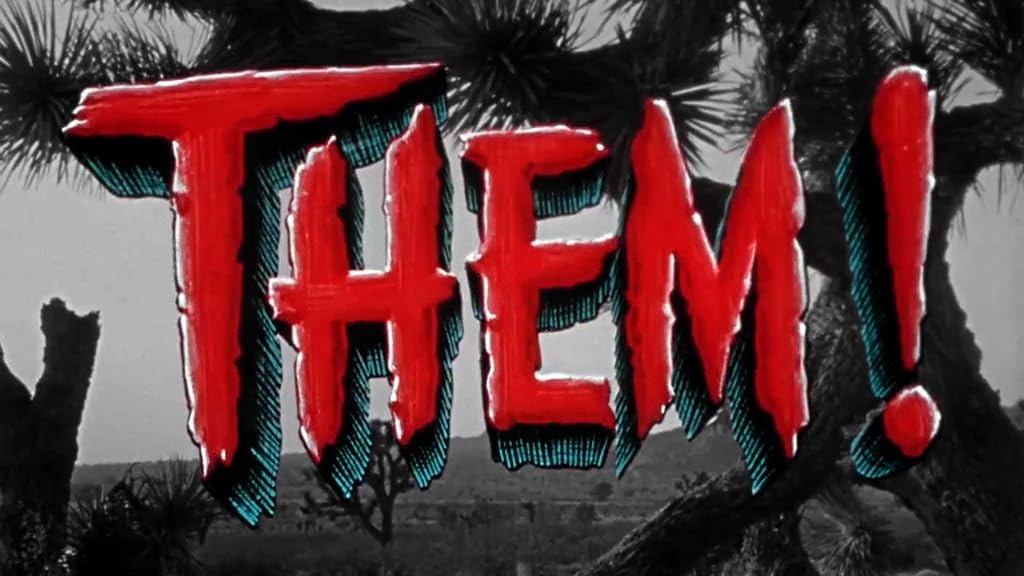Snack Bar Budapest (1988)
![]()
Snack Bar Budapest (1988) Directed by Tinto Brass
In the confines of an unspecified time and place, Tinto Brass’ moody neo-noir Snack Bar Budapest sets up the acrimonious ideological polarities of the old Italian generation against the new one. Giancarlo Giannini plays a low-life lawyer – he typifies the old country – and François Negret plays a juvenile mob boss – he typifies the modern country – the two characters functioning as cross-generational metaphors star in this story of moral quandaries, neo-fascist wistfulness and futuristic debauchery that ultimately capsulizes the essence of controversial Italian director Tinto Brass’s trademark erotica mystique.
The lawyer (Giancarlo Giannini) dwells in an existential void after leaving Milena (Raffaella Baracchi), the woman he loves, in a hospital to get an abortion of a child who is not his. Loitering aimlessly, the lawyer’s destiny leads him to form a twisted professional partnership with the young mafia boss, Molecola (François Negret), who has grand ambitions to rule the town. The lawyer and his loyal partner Sapo (Philippe Léotard) succumb to Molecola’s charlatanism and become his personal debt collectors. Molecola promises them a substantial amount of money as long as the lawyer sticks to his greedy murderous plans to remodel the city into what he labels the “Italian Las Vegas”. But more than financial gain, what the lawyer gets are lots of parties and titillating, lusty affairs. Fittingly, Giannini performs with poignant abstraction this wayward character, who seems to do what he does only for the sake of his beloved Milena, to whom he offers a large sum of money so that they can rebuild their lives as a couple after the abortion. However, the intricate Brassian voyeurism is so far-reaching in its cinematic construction that the lawyer’s underlying motivation is as indeterminate as the scenario that vivifies his existence.
Unlike Tinto Brass’s other salacious pictures, here eroticism is a rhetorical device to convince us of the generational alienation that the older generation experiences in contemporary Italy. When we hear Molecola spouting delirious monologues about his authoritarian wet dreams – and at the same time we observe the bemused, sometimes blasé, reaction of the lawyer to what he hears – we understand that the pornographic discourse in Snack Bar Budapest is political, and a very mordant one. The wanton exhibition of power that Molecola swaggers in front of the lawyer is the ideological reincarnation of fascist Italy in a post-fascist Italy. The lawyer has an oblivious response to this, but when his felonious duties force him to analyze his situation, it is then that our beloved puzzled character comes to his senses and realizes that the heritage of the fascism of the old Italy is still latent in the younger generations. The nocturnal poetry of Alessio Gelsini Torresi’s chiaroscuro cinematography reveals an exciting danger in the life of the lawyer – a pensive autopsy of post-war Italy – who seems to pursue redemption but finds it impossible to achieve it because he inhabits a land where no one is redeemed and everyone is damned. The irony is that not even the lawyer himself can defend himself with his jurisprudential eloquence.
Horny and lustfully fleshy yet profound, a description I never thought could be linked to a Tinto Brass film. But here we are, and Snack Bar Budapest with all its airs of freewheeling pornography manages to stir you with its raunchy extravagance and tawdry voyeurism. Brass has an unhealthy obsession with stripping his actresses to the extent of not even giving them underwear, but the sheer exhibitionism of his filmmaking portrays lechery not as a porno would, but as the painter Gustave Courbet would. The close-up of a woman’s genitalia is as compositionally breathtaking as Courbet’s L’origine du monde is. Okay, perhaps not so much, but Brass’s dedication to shamelessly showcasing the female figure with such tastefulness and racy playfulness turns the art of the naked human body into yet another superstar in his controversial nudist panorama.
The violent denouement – an inescapable bloody tragedy – leaves you with a nihilistic aftertaste. The fictitious but in essence very accurate portrait of postmodern Italy delivers a sobering statement about contemporary society and its symptomatic infatuation with fascism; the lawyer learned the lesson too late, we, the young and burgeoning generations, still have time. The Snack Bar Budapest turned out to be just a location with an attractive baroque moniker, but what transpires inside proved to be a transcendent exercise in contemporary reflection viewed through the lubricious gaze of erotic specialist Tinto Brass.






